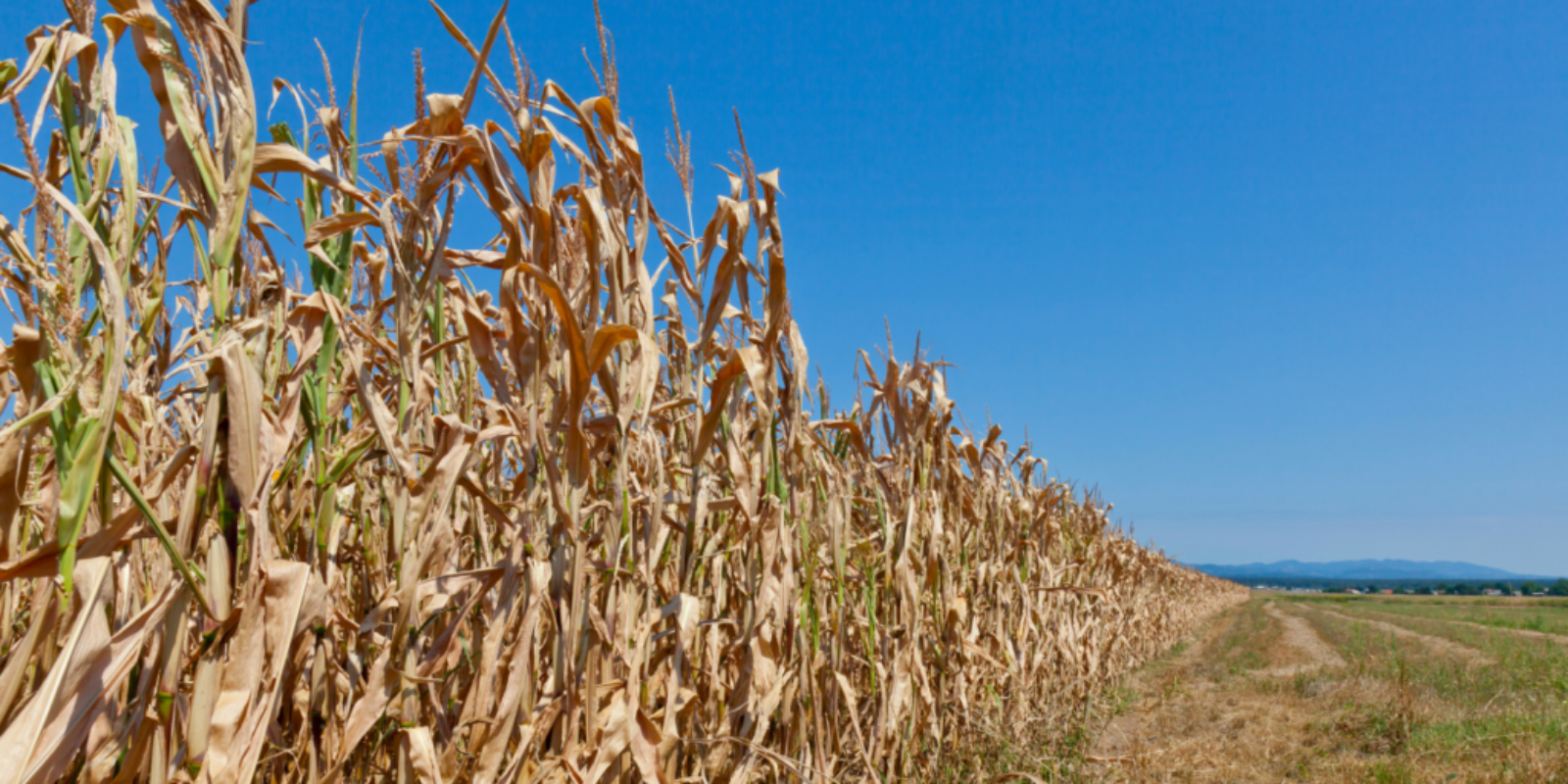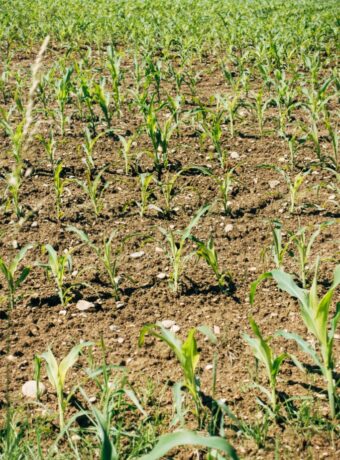Desertification is a type of land degradation in which a dryland ecosystem becomes increasingly arid, typically losing its vegetative cover and becoming more susceptible to dust storms and soil erosion. The process of desertification is often triggered by human activities such as deforestation, overgrazing, and unsustainable farming practices. Climate change can also contribute to desertification by increasing the frequency and intensity of drought conditions. As desertification progresses, the land becomes less and less productive, eventually becoming unsuitable for crops or grazing animals. This can lead to food shortages and conflict over resources. In some cases, entire communities are forced to relocate due to the loss of their livelihoods. Desertification is a complex problem with far-reaching implications for food security, water resources, and human health. Therefore, it is essential that we work to combat this problem through sustainable land management practices.

Desertification is a global problem, affecting both developed and developing countries. In Africa alone, it is estimated that up to 60 million people could be displaced by 2050 due to desertification-related impacts. The causes of desertification are complex, but there are some key ways in which it can be prevented or reversed. These include replanting trees and other vegetation, reducing livestock numbers, and practicing water conservation. With increasing awareness of the issue, hopefully more and more people will take action to protect the world’s food production systems from desertification.

The impact of desertification on global food production
When desertification happens, it causes problems for food production systems around the world. Crops need water to grow, and desertification can lead to droughts that make it difficult or impossible to grow crops. This can lead to food shortages and even famine. In addition, desertification can cause dust storms that can damage crops and disturb agricultural production. The United Nations Convention to Combat Desertification estimates that desertification currently threatens the livelihoods of more than 250 million people in over 110 countries.
The main cause of desertification is climate change, which leads to drought conditions that are unfavourable for plant growth. Other causes include unsustainable farming practices such as overgrazing, excessive irrigation, and deforestation. These practices lead to the loss of topsoil, which increases the rate of land degradation.
Desertification has a significant impact on food production systems around the world. In regions where desertification is occurring, crop yields are decreased and livestock productivity is reduced. This can lead to hunger and malnutrition, as well as increased competition for resources. Desertification also contributes to forced migration, as people are forced to leave their homes in search of areas with more viable conditions for farming. Combatting desertification is essential for preserving food production systems and ensuring the wellbeing of communities around the world.

Solutions to combat desertification and its effects on food production
Combatting desertification is essential for ensuring food security. There are a number of steps that can be taken to reduce the risk of desertification, including reforestation, afforestation, and improved irrigation practices. Reforestation involves planting trees in an area that has been deforested, while afforestation is the process of creating new forests in areas where there were none before. Improved irrigation practices help to reduce water waste and prevent soil erosion. It’s also important to develop early warning systems for droughts, and promote sustainable farming practices. By taking action now, we can protect our food supply and prevent the devastating effects of desertification and its negative effects on food production.



